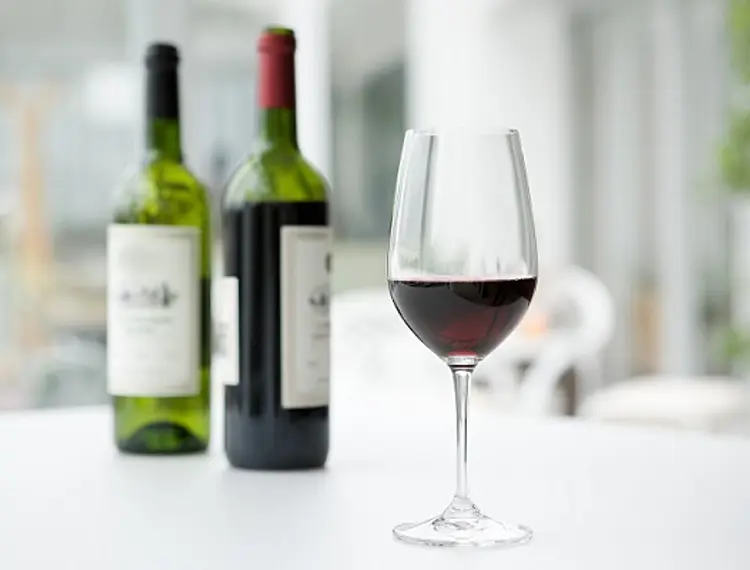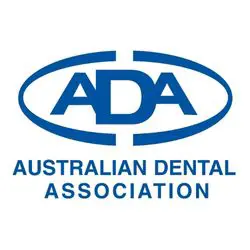
Drinking alcohol is generally not considered part of a healthy lifestyle. It can have short and long term negative effects on the health of the body, including the brain and liver. But how does alcohol affect the health of your mouth?
Below are some of the effects that drinking alcohol can have on the mouth.
Research has shown that individuals who drink large amounts of alcohol have significantly more tooth decay.
Drinking alcohol can make you dehydrated where your body does not have enough water. Your body makes less saliva when it is dehydrated. Saliva is very important for protecting the teeth. When you are dehydrated, your teeth will be less protected from the acidic and sugary alcoholic drinks you may continue to drink. Having a dry mouth also increases your risk of developing tooth decay.
Alcoholic drinks can include a lot of sugar. Drinking sugary drinks frequently can increase your risk of tooth decay, especially if you have a dry mouth.
When drinking alcohol, it is important to frequently drink water to try and stay hydrated.
Most alcoholic drinks are acidic, or the alcohol is combined with acidic soft drink or fruit juice. Drinks that are acidic have a low pH level. Drinking them frequently can cause teeth to dissolve and wear away. This is called tooth erosion.
Long term alcohol drinkers are at risk of tooth erosion. This can be affected by:
- the length of time you have been drinking
- how frequently you drink
- if you get reflux and vomiting after drinking alcohol.
The picture below shows how acidic different drinks are. Many of these drinks are mixed with alcohol. The lower the pH, the more acidic the drink is and the more damage it can do to your teeth if you drink it frequently.

Drinking large amounts of alcohol can cause vomiting and/or acid reflux. The stomach acids that come up into the mouth from vomiting and reflux are damaging to teeth. If vomiting or reflux happen too often, it can cause the teeth to wear away. This is called tooth erosion. After vomiting, or experiencing reflux, it is best to wait one hour before brushing your teeth. The stomach acid makes the outside layer of the tooth soft and brushing the teeth too soon can cause more damage. You may like to rinse your mouth out with tap water or a fluoride mouthwash, or chew sugar free chewing gum while you are waiting to brush your teeth.
Alcoholic drinks, such as red wine, can cause stains on the outside surface of your teeth. A professional dental clean and tooth whitening treatment by a dental professional may be needed to remove these stains.
People who drink large amounts of alcohol are at much great risk of suffering damage to their teeth.
Oral cancer is six times more common in people who drink alcohol than people who do not. Long term drinking of alcohol can increase your risk of developing oral cancer. It is not the amount of alcohol that you drink at a time but long-term drinking of one or more alcoholic drinks per day that increases your cancer risk.
The Australian Government alcohol guidelines recommend no more than 10 standard drinks a week to reduce your risk of cancers.


